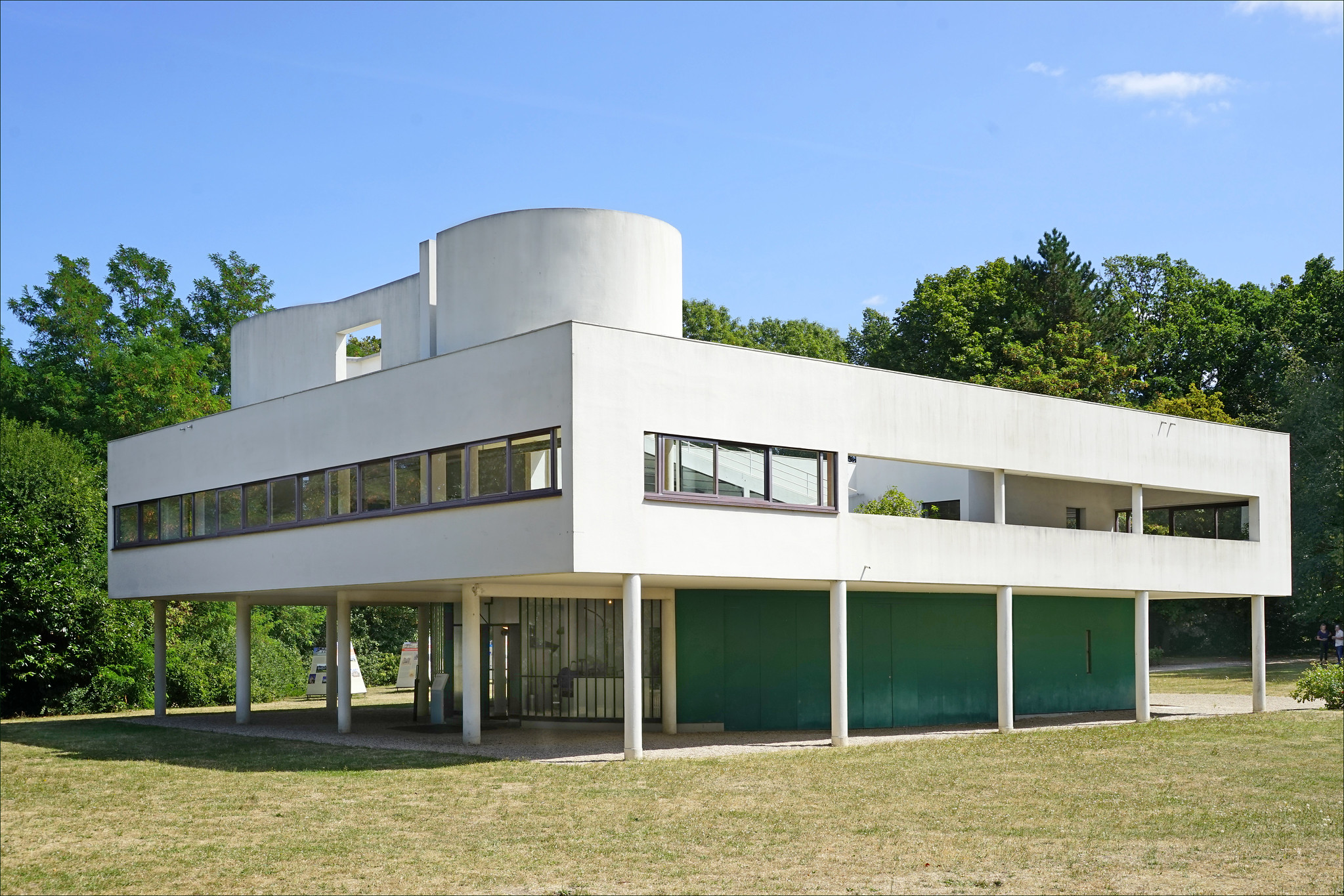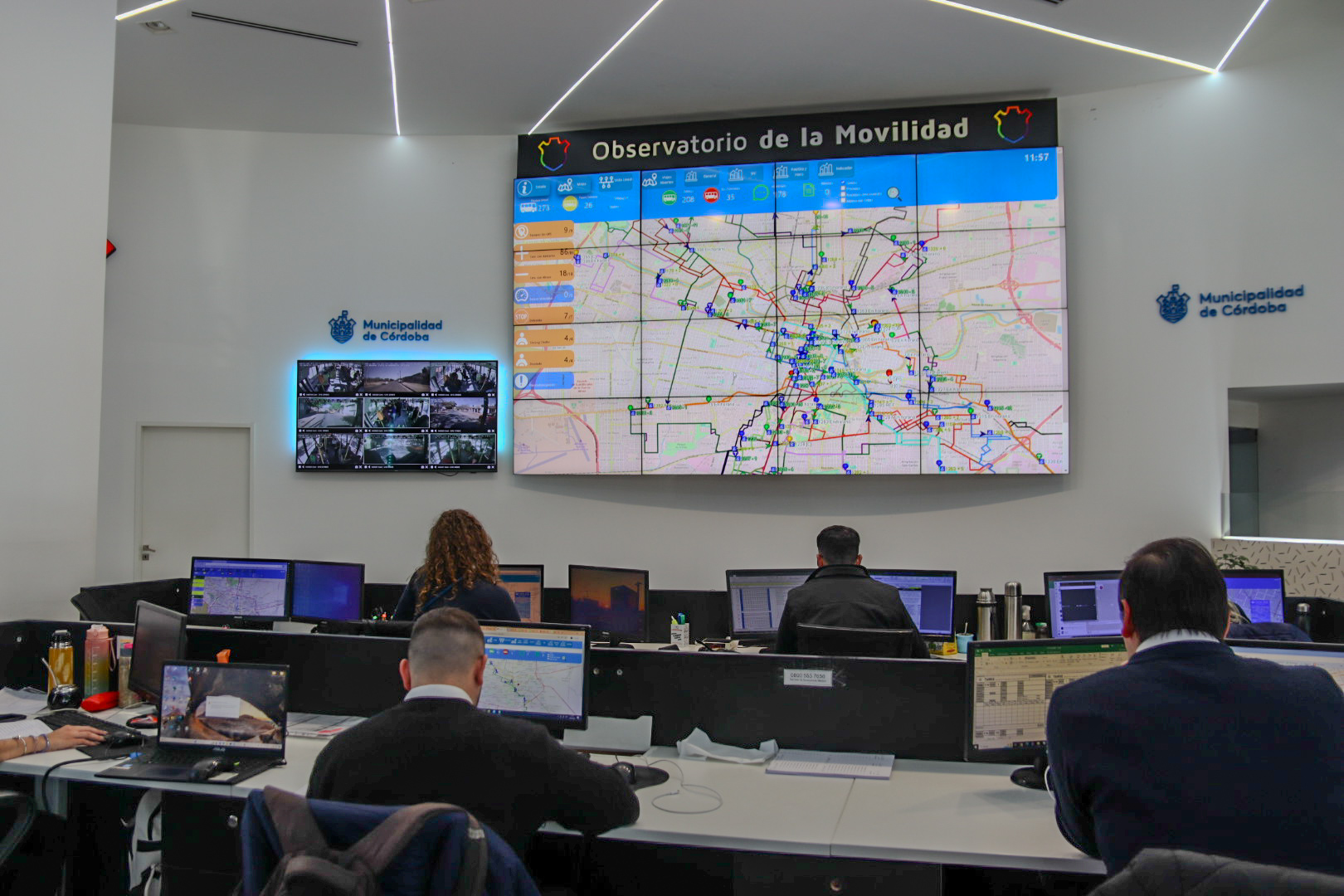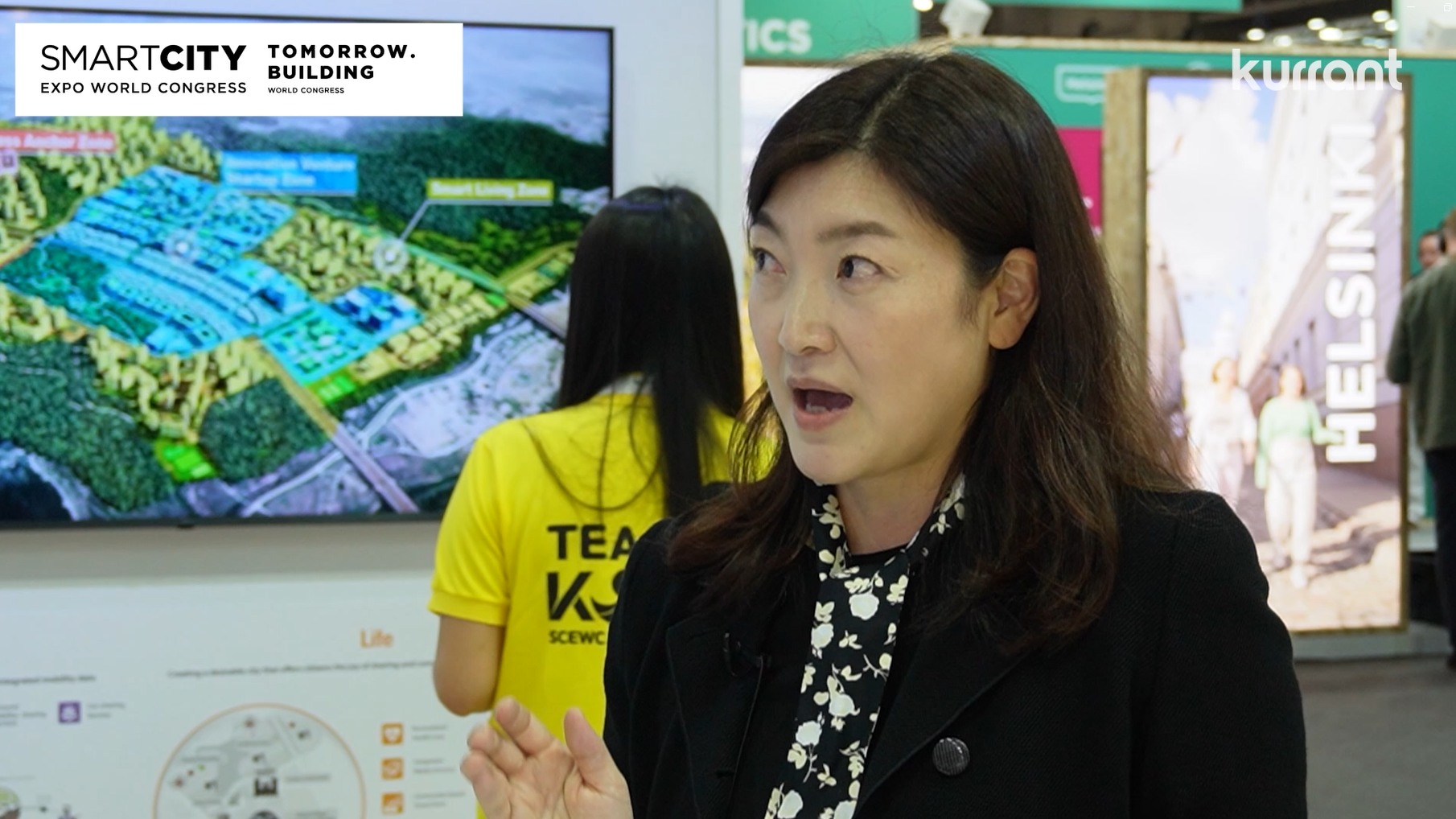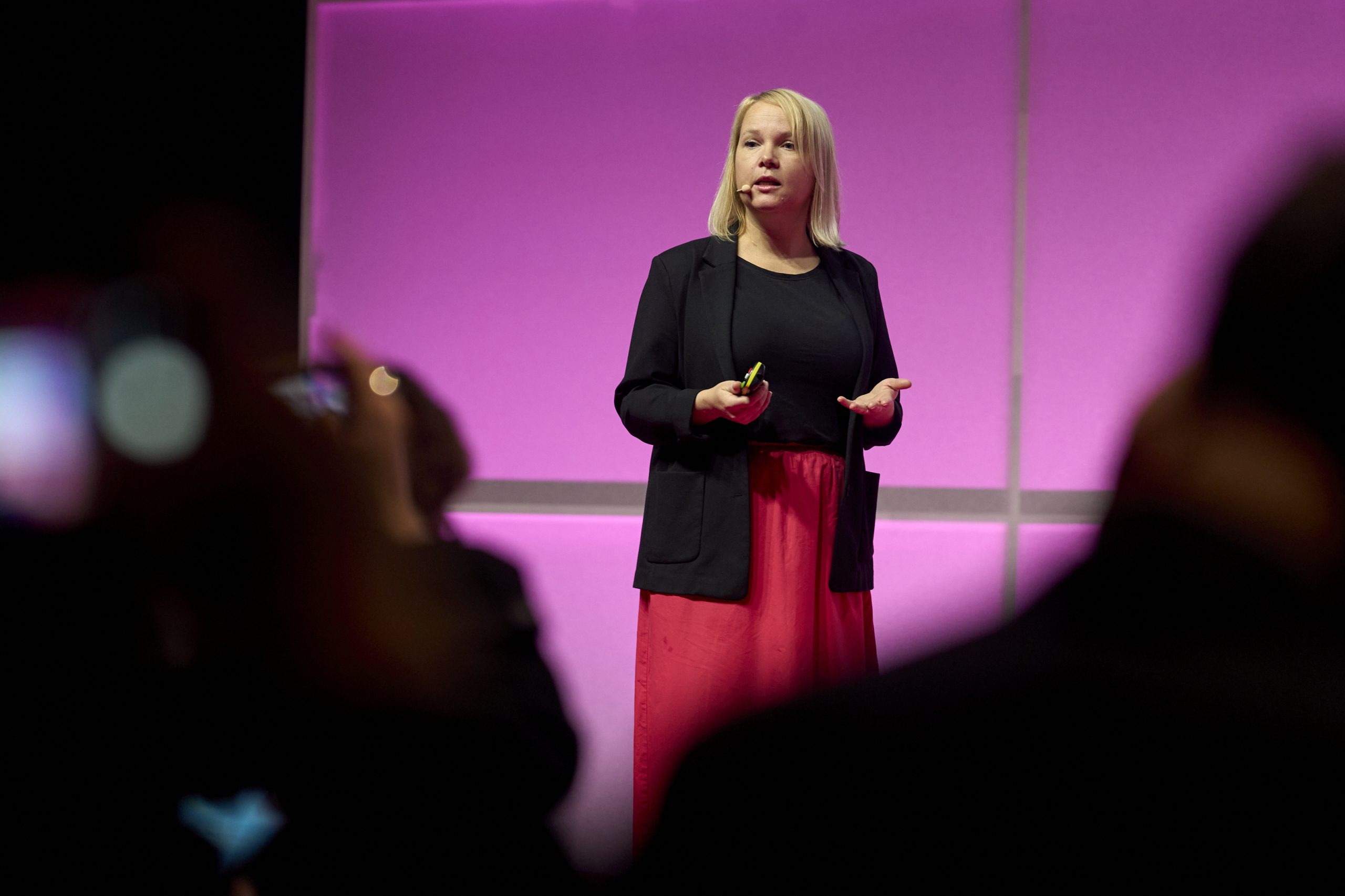Author | Raquel C. Pico
The urban-rural dichotomy is one of the key points used when referring to how people live in the modern world. Cities and their metropolitan areas are great magnets and have gradually attracted —and they have been doing so for centuries— people living in the countryside. In this initial stage of the 21st century, statistics indicate that there will be an increasing number of people living in cities and that this will create new problems that will need to be dealt with by modern urbanism. However, it is not all black and white. There are also gray areas and that is where exurbs come are situated.
What are exurbs
The question of what exurbs are and the role they are assuming in population growth is not exactly new. Different media in the United States , which is where the term first came about and from where it spread to other latitudes, have been analyzing it for years, particularly after the Covid-19 pandemic and its impact on urban planning models. In 2021, the U.S. National Association of Home Builders talked about the construction of exurban areas having grown by 20%, double that of metropolitan areas. In fact, the population of some rural towns was growing exponentially.
Exurbs are difficult to define, as Business Insider indicates, but they do have certain features that differentiate them from the rural world and from suburbs. In terms of the latter, which exist in continuity with the city, exurbs are exempt areas, established in the rural world. They are reasonably close to their cities of reference, although the population density is lower than in urban environments. A significant number of their residents travel to and from the city on a regular basis for work purposes.
This is not really so surprising in Europe. In some regions of the continent, it is not unusual to live in the countryside and work in the city, or for the city limits and the rural world to have become more diffuse. Hence the term rurban areas, in which the countryside becomes the space in which urban workers live or, even the place where services and activities, which were previously in cities and their suburbs, are taken.
The golden era of the exurb
Although there are some high-profile U.S. studies on the potential growth of exurbs prior to the economic crisis of 2008, the fact is, it was the context created by the pandemic that boosted the exurb boom in the United States. The conclusions reached by analysts and researchers regarding this reality could help to predict —or even understand— a parallel process occurring in other geographic regions.
Exurbs have benefited from two key realities. The first is the real estate economy: buying property in these rural areas is cheaper than in urban areas and it gives residents access to more space. The second is related to less tangible elements. As they are sufficiently near to cities, they can still have access to their services (such as leisure) and maintain a working relationship with them. In fact, remote working enables people to keep their job, but work from home in the countryside.
The challenges of rurban growth.
Despite this, the interest in exurbs comes with its fair share of problems, which will need to be tackled by urban planning if the trend is to become firmly established and become a dominant trend in the coming years. Firstly, these movements of people could increase rural gentrification, a process that already exists and which, as in urban areas, has an impact on the population in the affected areas.
Secondly, rural areas that become fashionable in these types of processes need to consider the rapid population growth for which they do not necessarily have sufficient capacity or service infrastructures. This occurred during the coronavirus pandemic, when some areas reported a saturation of their medical services associated with the movement of people.
Likewise, this lack of services has a domino effect on the rest of the area. For example, the leap to exurbs normally involves the purchase of a second car, since rural public transport networks tend to be inefficient (an issue that residents of rural areas have been complaining about for a long time). This leads to pollution and could saturate urban access routes in the city in question.
Finally, one should not fall into the trap of seeing exurbs as a magical solution to issues such as the loss of population in certain rural areas. Since people look for areas close to urban environments, this will not be the solution to stopping the depopulation process in more isolated areas or those far away from cities.
Image |fotoVoyager/iStock
Tomorrow.Building World Congress (5-7 November 2024, Barcelona) is the new global event empowering the green and digital transition of buildings and urban infrastructures. Celebrated in parallel with the Smart City Expo, it’s a sector-focused summit gathering the most forward-thinking brands and experts disrupting urban construction. Discover more here.






















































